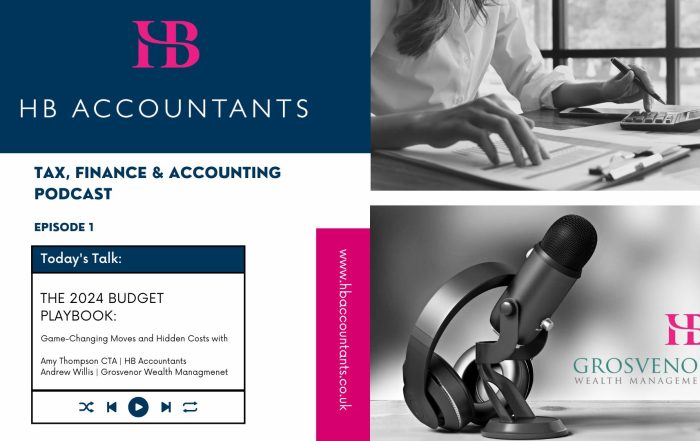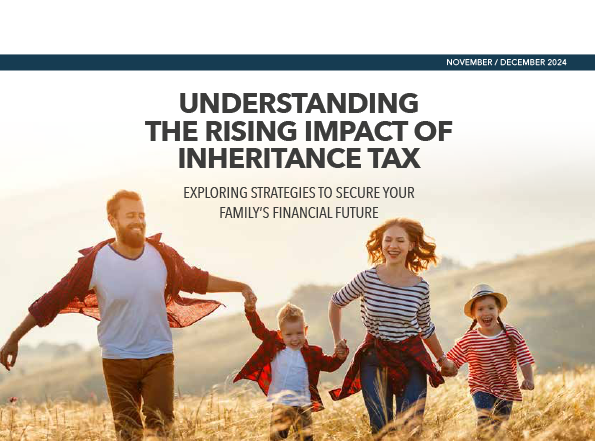In recent years, some investors have become wary about investing in ISAs. This is understandable when it come to the performance of Cash ISAs in the last few years, which have experienced minimal growth due to low interest rates. This problem of poor Cash ISA returns has now become exacerbated during the recent high inflationary period, where cash values have quickly devalued. But, where the average Cash ISA only achieved 0.51% return in February 2021 to February 2022, the average Stocks and Shares ISA returned and impressive 6.92%.

Tax-free growth and income
All UK residents are able to put up to £20,000 into their combined ISAs for the 2021/22 tax year. This can be an excellent way to gain tax-free growth or income, because you won’t pay tax on any interest, income or capital gains from investments in an ISA.
If you are looking to be able to access funds quickly, or take income, ISAs can also be a flexible investment option. And, if you are a couple investing, you will be able to put away double the allowance each year, making it easier to build up a healthy source of tax-free income.
Stocks & Shares ISAs
Stocks & Shares ISAs offer the possibility of higher returns than Cash ISAs, but only if you’re prepared to take some risks with your savings. All ISAs offer tax-efficient benefits, but a Stocks & Shares ISA let you put money into a range of different investments. This can give investors a better opportunity at keeping their investments resilient to inflationary pressures.
Diversifying your ISA investment
Diversifying your investment funds, in a well-managed and regularly reviewed portfolio, is a tried and tested way to potentially relieve the devaluing effects of inflation in previous high inflationary periods. Where Cash ISAs are reliant on currency value alone, Stocks & Shares ISAs have the potential to navigate the effects of inflation through investing in a broad range of unrelated funds. This is why opting for a Stocks & Shares ISA could keep your investments resilient during the current climate.
Risk management
Any stocks and shares investment carries a risk and investors my find that they don’t gain returns in their investment, or even face a loss. This sort of investment is not for everyone and it is important to discuss your attitude to risk with an independent advisor. However, with inflation currently sitting at 5.5%, holding cash savings also presents a significant risk, especially as Cash ISAs have no way of recovering losses to inflation.
What is important as an investor is to consider what your investment goals are and discuss what ISA products and investment funds may align to them.
Long-term ISA investing
Investments by nature fluctuate in value and for this reason it is best to view a Stocks and Shares ISA as a medium to long-term investment vehicle. While markets remain volatile at the moment, this can also present an opportunity to buy into funds while they are at a better rate and seek good growth in the long-term. For this reason, Stocks & Shares ISAs can present a good option to investors in weathering the effects of high inflation, if investing in the long-term.
Talk to us
If you would like to discuss your ISA investments for the current tax year, or any other aspect of investment advice and financial planning, our independent advisers can guide you through the best options for you.
PLEASE ALWAYS REMEMBER: Grosvenor Wealth Management Ltd is authorised and regulated by the Financial Conduct Authority. The value of investment can go down as well as up and you may not get back the original amount you invested. Tax treatment is dependent on individual circumstances and may be subject to change.
Contact Form
Please complete this form if you wish to send us your questions or if you would like to request a call back.
We look forward to speaking with you.
Recent GWM articles that may be of interest
Maximising returns
The power of reinvesting dividends for long-term growth Dividends represent the portion of a company’s [...]
Is it time to evaluate your financial landscape?
Financial strategies are not immune to the impacts of life’s changes As the new year [...]
How much financial security do you need for a happy retirement?
Financial status plays a significant role in retirement happiness Retirement is a time many look [...]
How does pension consolidation work?
Pensions can be confusing, but there is an alternative way to help keep on top [...]
Podcast: Autumn 2024 Budget Playbook, Tax, Finance & Accounting Podcast
Grosvenor Wealth Management is delighted to share our recent podcast collaboration with HB Accountants featuring Andrew [...]
Smart Money November / December 2024
Smart Money November / December 2024 Welcome to the November / December 2024 edition of [...]







